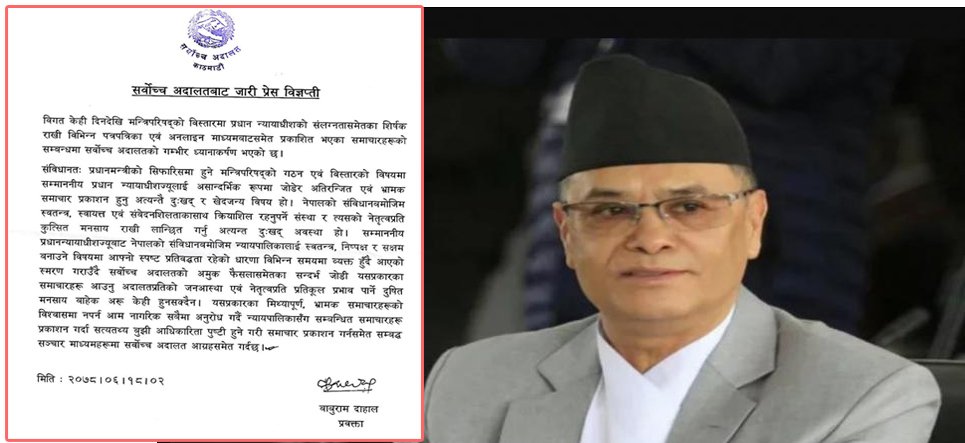Consumption, imports lending exert pressure on liquidity management

By Ajay Chhetri, Kathmandu, Dec 20: Consumable loans sharply went up in the first four months of the current fiscal year (FY) exerting pressure on liquidity management.
In the “Current Macroeconomic and Financial Situation”, the Nepal Rastra Bank (NRB) reported that the consumable loan went up sharply by 379.57 per cent in the duration of mid-July and mid-November.
The loan accumulated to Rs. 578.3 billion which is comparatively a larger amount than that of the rest of the other sectors. The consumable loan specifically spurred up in personal consumption loan, education loan, residential personal home loan, and professional loan creating the pressure on liquidity.
Similarly, import loans also went up by 8.4 per cent. It has surpassed Rs. 17.2 billion during these four months caused leakage in money circulation which subsequently affected credit creation and widened the balance of payment (BOP).
According to the Executive Director of NRB Prakash Kumar Shrestha, imports lending affects credit creation. He said that low credit creation could consequently affect deposit creation.
Outstanding credit in consumable and import lending exerts stress on liquidity management. According to the spokesperson of NRB, Gunakar Bhatta, the excess liquidity indicator of liquidity position- on December 18 is Rs. 18 billion down from Rs. 53.47 billion as recorded on August 3.
Meanwhile the outstanding credit in the agriculture; mines; production; metal production, machinery, and electrical tools and fitting; transportation equipment production and fitting; transportation, communication and public service; wholesaler and retailers; finance, insurance and fixed assets; service industries rose mildly.
In contrast, the outstanding credit in the construction sector contracted by 43 per cent. It shrank by Rs. 176.7 billion during these four months.
Recent News

Do not make expressions casting dout on election: EC
14 Apr, 2022
CM Bhatta says may New Year 2079 BS inspire positive thinking
14 Apr, 2022
Three new cases, 44 recoveries in 24 hours
14 Apr, 2022
689 climbers of 84 teams so far acquire permits for climbing various peaks this spring season
14 Apr, 2022
How the rising cost of living crisis is impacting Nepal
14 Apr, 2022
US military confirms an interstellar meteor collided with Earth
14 Apr, 2022
Valneva Covid vaccine approved for use in UK
14 Apr, 2022
Chair Prachanda highlights need of unity among Maoist, Communist forces
14 Apr, 2022
Ranbir Kapoor and Alia Bhatt: Bollywood toasts star couple on wedding
14 Apr, 2022
President Bhandari confers decorations (Photo Feature)
14 Apr, 2022











